Dr. Chheang Vannarith - Deputy Secretary-General and Head of the Advisory Group of the National Assembly of the Kingdom of Cambodia - answers questions from a VNA reporter. (Photo: Quang Anh/VNA)
The historic victory of the Vietnamese people on April 30, 1975, serves as a timeless reminder of the triumph of justice and self-determination, inspiring resistance against any rise of imperialism and strengthening solidarity and cooperation among developing nations in the Southern Hemisphere…
This is the assessment of Dr. Chheang Vannarith, an analyst in Phnom Penh and Deputy Secretary-General and Head of the Advisory Group of the National Assembly of the Kingdom of Cambodia, regarding the 50th anniversary of Vietnam's Liberation of the South and National Reunification (April 30, 1975 - April 30, 2025).
Analyst Vannarith argues that April 30, 1975, was a significant event for the Vietnamese people and nation, as well as for all of humanity. The event reflects the struggle of a nation for its freedom, independence, and sovereignty . This is a human right of every nation and every people to independence and national unity.
According to Cambodian experts, the struggle for national reunification in Vietnam took place against the backdrop of the ongoing war in Indochina. This was also a legacy of the Cold War, when Germany was divided into East and West Germany, Vietnam was divided into two parts, and Korea remains divided to this day.
Based on that argument, analyst Vannarith asserted: "It is a matter of human rights, honor, and human dignity. This harmony and unity reflects the dream of humanity, of all nations, not just the Vietnamese people."
Furthermore, the Deputy Secretary-General of the Cambodian National Assembly also stated that the historical event of April 30, 1975, reflects the self-reliance and patriotic movement of the Vietnamese people. Thanks to this, despite the devastating war, severe shortages of human resources and economic infrastructure, Vietnam was able to continue its struggle.
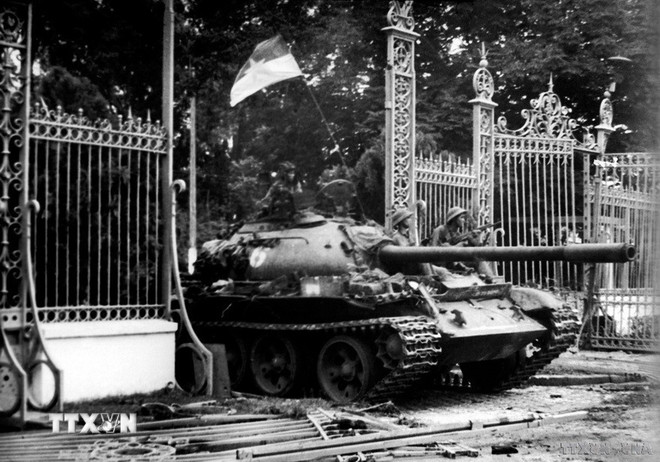
At 11:30 AM on April 30, 1975, Liberation Army tanks crossed the iron gate, capturing the Saigon puppet regime's Presidential Palace, the last stronghold of the enemy, gloriously ending the nation's 30-year struggle against foreign invaders. (Photo: Mai Huong/VNA)
According to this analyst, this demonstrates the self-reliance of the Vietnamese people, stemming from their patriotic hearts and willingness to sacrifice themselves for their country. "That is something we must acknowledge and appreciate – the patriotic spirit of the Vietnamese people during that period," Dr. Vannarith emphasized.
Analyst Vannarith expressed his admiration for Vietnam's post-war recovery, coupled with its ongoing international integration. He noted that while the war severely damaged its economic, cultural, and social infrastructure, Vietnam's recovery and development are remarkable, particularly following the Doi Moi (Renovation) reforms of 1986.
Furthermore, Vietnam has rapidly integrated into the development process of the region and the world, especially after joining the Association of Southeast Asian Nations (ASEAN) in 1995. This is considered an important starting point in Vietnam's regional integration process, followed by Vietnam's accession to the World Trade Organization (WTO), a new step in the process of international integration, integrating with the world in terms of economics and trade.
The head of the Cambodian National Assembly's advisory group stated: "A prime example of Vietnam's integration process and success is its poverty reduction and socio-economic development. Vietnam is now in the position of a rapidly developing economy and is attracting attention in Southeast Asia, both in terms of scale and economic potential."
From this perspective, the Cambodian expert expressed his expectations for Vietnam's next step: joining the Group of Twenty (G20) leading developed and emerging economies. According to him, in Southeast Asia, Indonesia has already joined this group, and in the future, if Vietnam maintains its current economic growth rate, it could become the next member of the G20.
"That is a great success of the Party, State, and people of Vietnam in the process of national reconstruction after liberation 50 years ago. It can be seen that over the past 50 years, Vietnam has achieved remarkable development, serving as a model and lesson in post-war economic development for developing countries," he said.
In that spirit, the Deputy Secretary-General of the Cambodian National Assembly stated that the historic milestone of April 30, 1975, is significant not only for the Vietnamese people but also for peace-loving communities worldwide.
He stated: “It is a legacy that inspires resistance against any rise of imperialism and strengthens solidarity and cooperation among developing nations in the Southern Hemisphere, along with a commitment to protecting national independence and shaping a more just and equitable international order.”
(VNA/Vietnam+)


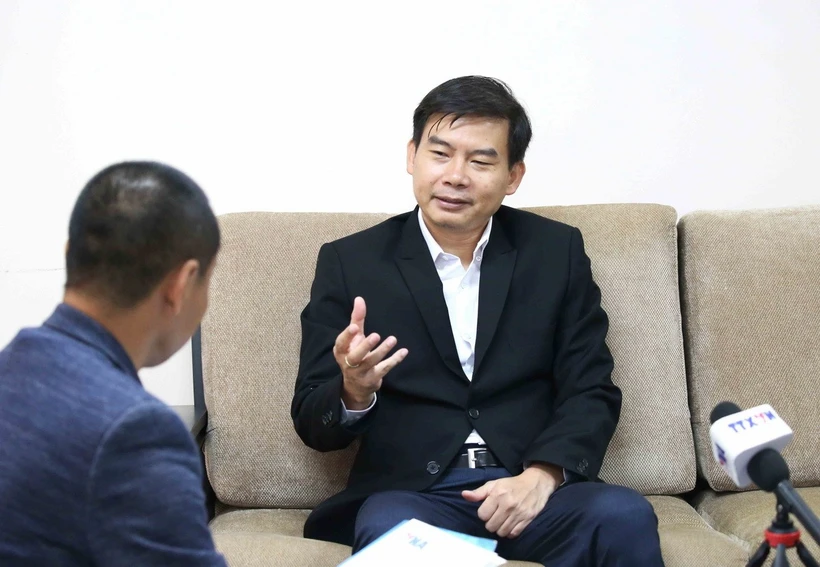












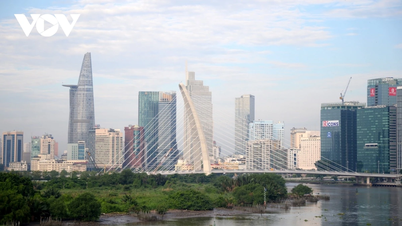



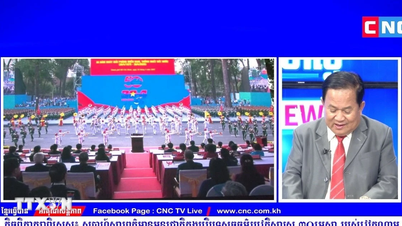
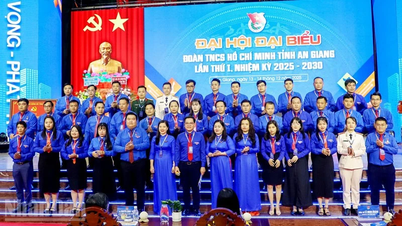



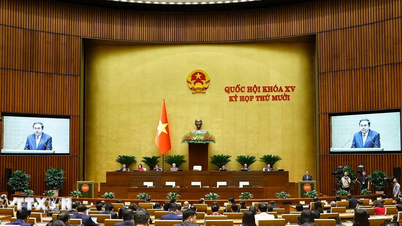
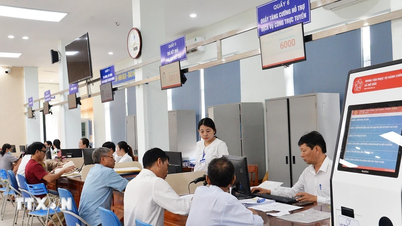
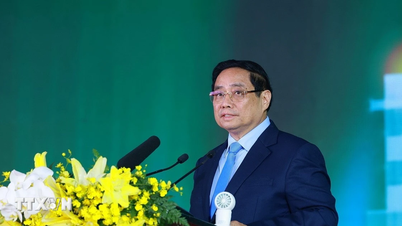
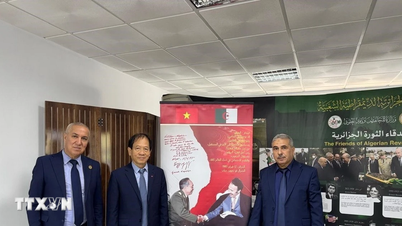





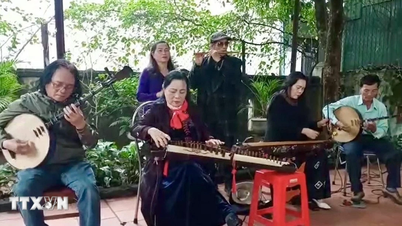





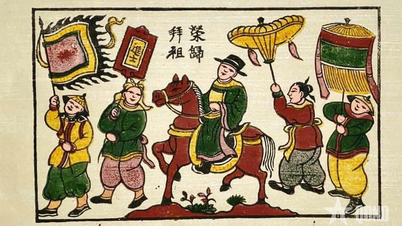

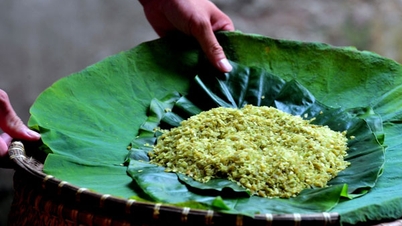

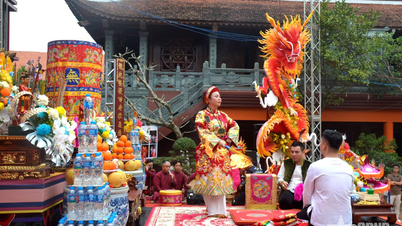







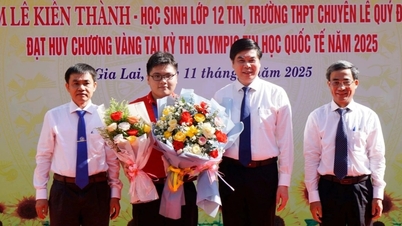






















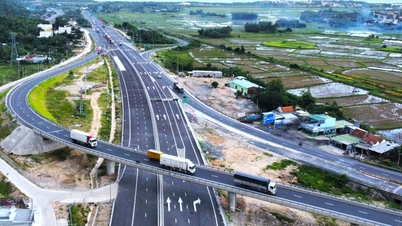


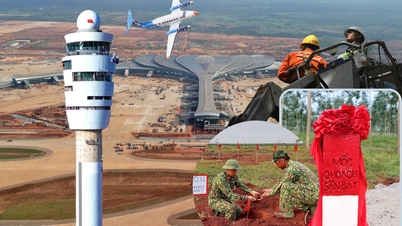


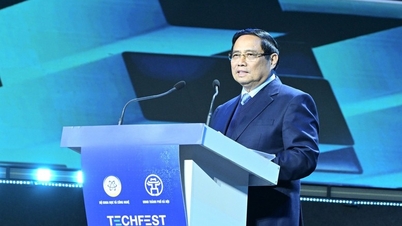

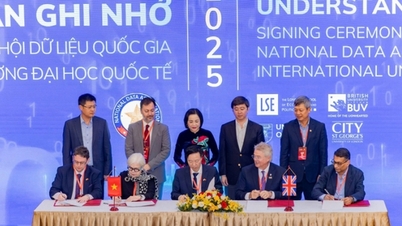


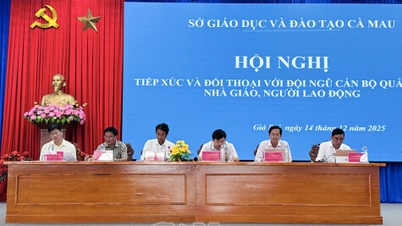

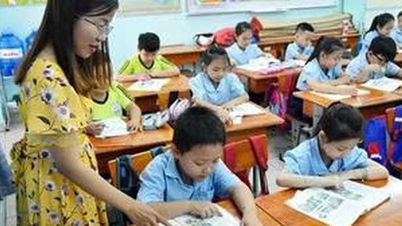

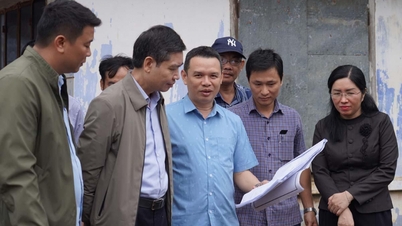

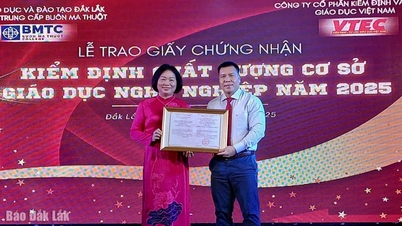


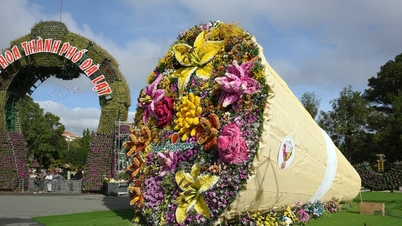












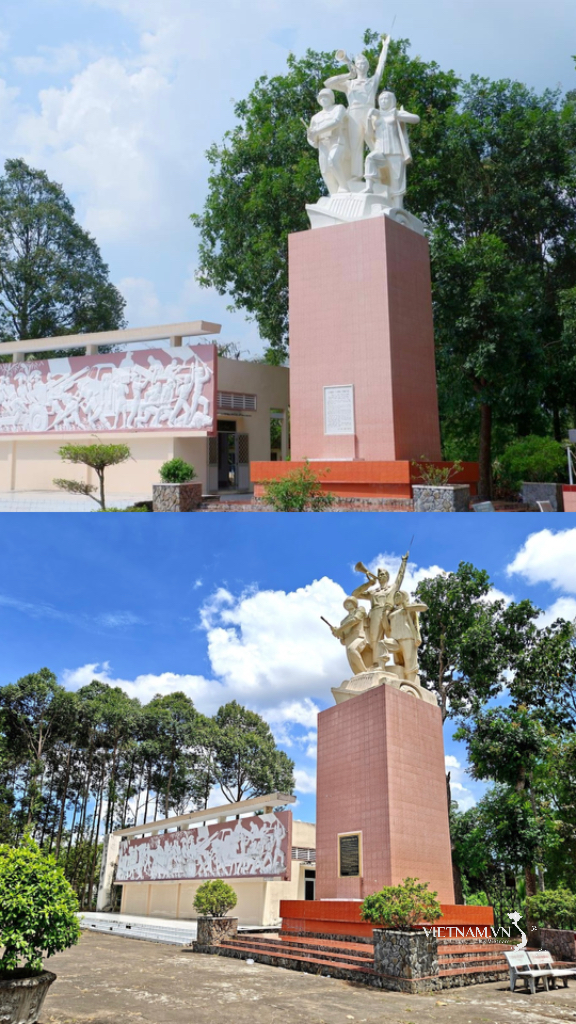
Comment (0)